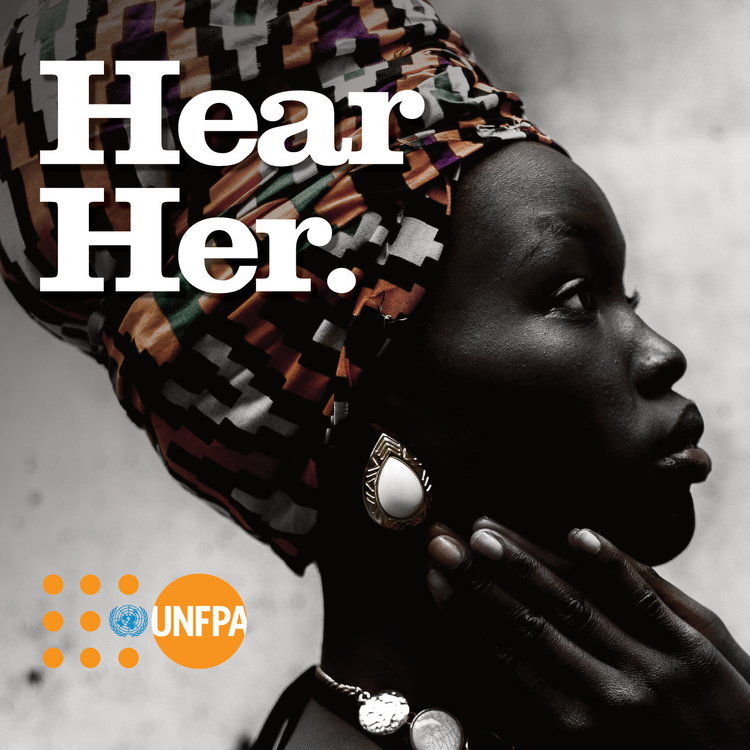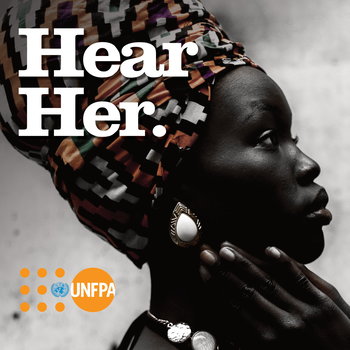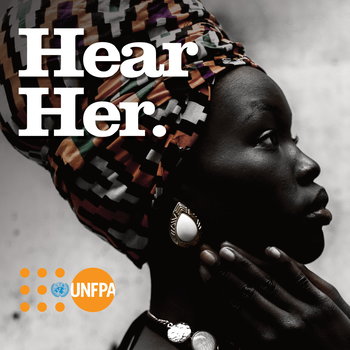
Breaking Barriers: Ensuring Sexual and Reproductive Health Rights
Loading player...
In this episode, we address the critical challenges faced by women and girls with disabilities in accessing sexual and reproductive health and rights (SRHR) services. Our discussion brings together insights from representatives of UNFPA, Disability Trust, health workers, and advocates dedicated to advancing disability inclusion in SRHR.
Key Points:
- Barriers to Access: We explore the various obstacles that people with disabilities face in accessing SRHR services, including the lack of accessible infrastructure, inadequate communication materials, and negative attitudes from healthcare workers. These barriers prevent equitable access to essential health services.
- Need for Inclusive Policies: The episode emphasises the importance of developing inclusive policies, building the capacity of healthcare workers, and raising community awareness to overcome these barriers. Inclusive approaches are crucial to ensuring that SRHR services are accessible to all.
- Empowerment and Rights Awareness: Empowering women and girls with disabilities to understand and assert their rights is highlighted as a key strategy. We discuss how education and advocacy can help them claim their bodily autonomy and access the services they need.
- Role of Organisations: The vital work of organisations like UNFPA and Disability Trust is discussed, focusing on their efforts to advocate for disability inclusion, provide training to healthcare workers, and support pilot projects aimed at creating inclusive SRHR services.
- Youth with Disabilities: The episode delves into the specific challenges faced by young people with disabilities in accessing SRHR information and services. We also discuss the importance of involving them in decision-making processes to ensure their needs are addressed.
- Gender-Based Violence: We address the alarming prevalence of gender-based violence and sexual violence against women and girls with disabilities, stressing the need for accessible support services and justice mechanisms tailored to their needs.
- Intersectionality and Economic Empowerment: The discussion also covers the intersection of disability, gender, and economic empowerment, highlighting how these factors influence bodily autonomy and the importance of addressing them collectively.
The episode concludes with a call for collaborative efforts from governments, healthcare systems, communities, and organisations to ensure that the SRHR needs and rights of women and girls with disabilities are met on an equal basis with others.
Key Points:
- Barriers to Access: We explore the various obstacles that people with disabilities face in accessing SRHR services, including the lack of accessible infrastructure, inadequate communication materials, and negative attitudes from healthcare workers. These barriers prevent equitable access to essential health services.
- Need for Inclusive Policies: The episode emphasises the importance of developing inclusive policies, building the capacity of healthcare workers, and raising community awareness to overcome these barriers. Inclusive approaches are crucial to ensuring that SRHR services are accessible to all.
- Empowerment and Rights Awareness: Empowering women and girls with disabilities to understand and assert their rights is highlighted as a key strategy. We discuss how education and advocacy can help them claim their bodily autonomy and access the services they need.
- Role of Organisations: The vital work of organisations like UNFPA and Disability Trust is discussed, focusing on their efforts to advocate for disability inclusion, provide training to healthcare workers, and support pilot projects aimed at creating inclusive SRHR services.
- Youth with Disabilities: The episode delves into the specific challenges faced by young people with disabilities in accessing SRHR information and services. We also discuss the importance of involving them in decision-making processes to ensure their needs are addressed.
- Gender-Based Violence: We address the alarming prevalence of gender-based violence and sexual violence against women and girls with disabilities, stressing the need for accessible support services and justice mechanisms tailored to their needs.
- Intersectionality and Economic Empowerment: The discussion also covers the intersection of disability, gender, and economic empowerment, highlighting how these factors influence bodily autonomy and the importance of addressing them collectively.
The episode concludes with a call for collaborative efforts from governments, healthcare systems, communities, and organisations to ensure that the SRHR needs and rights of women and girls with disabilities are met on an equal basis with others.


